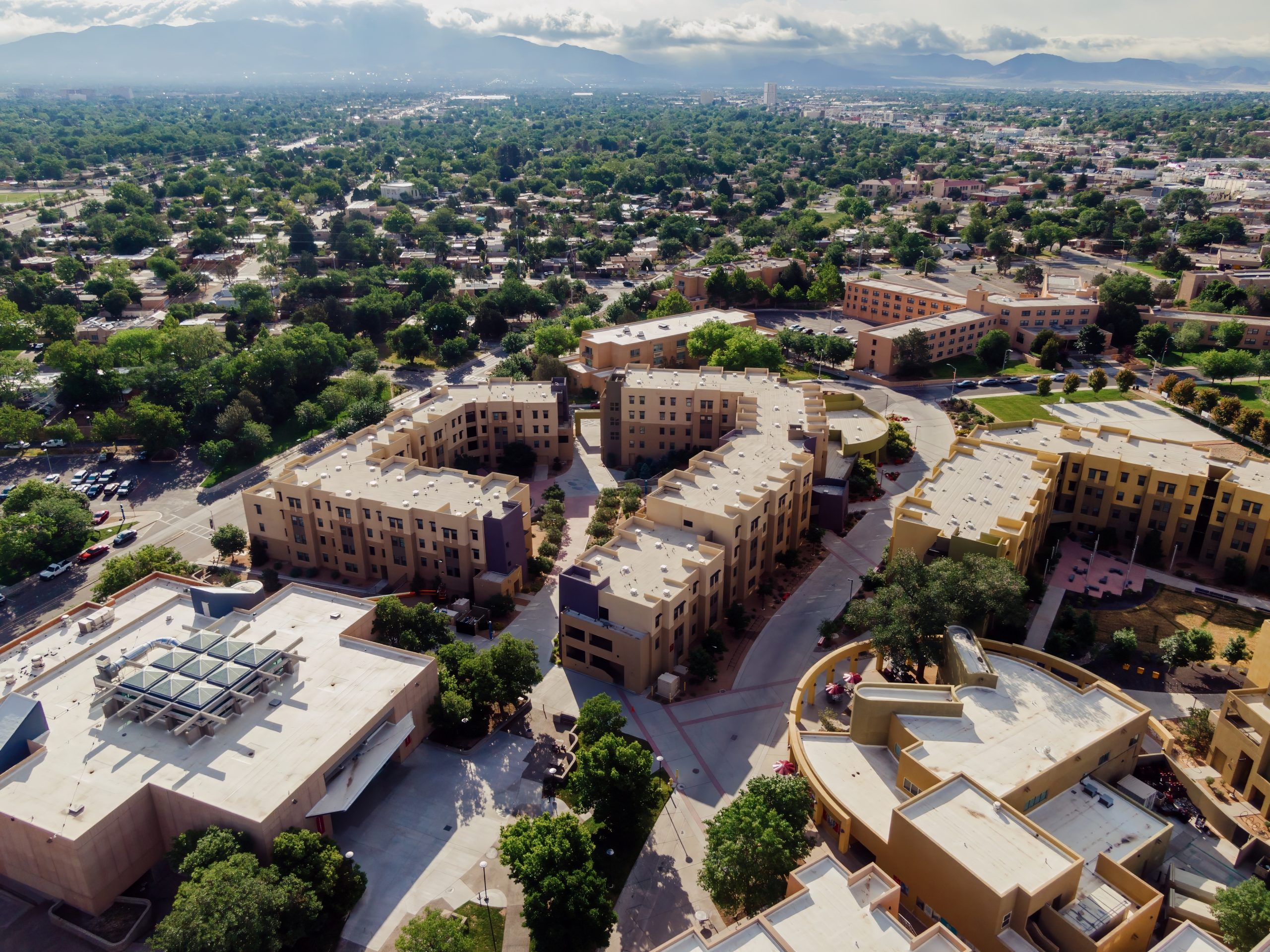The University of New Mexico’s Department of Speech and Hearing Sciences has launched Project MESA—a first-of-its-kind program in the state aimed at training bilingual, culturally responsive speech-language pathologists to serve young children with special needs.
Funded through a five-year federal grant, Project MESA—short for Multilingual, culturally responsive, Early childhood Social communication Approaches—prepares graduate students to work with children from birth to age six, particularly those with speech delays, autism, or other communication challenges.
The program will emphasize bilingualism, cultural humility, and community engagement, with a focus on serving families who speak Spanish or Indigenous languages such as Diné.
“We’re not just building skills—we’re building trust,” said Associate Professor Cindy Gevarter, Project MESA’s director. “When families see themselves reflected in their providers, real progress happens,” she added.
The need for certified and bilingual SLPs is pressing. According to the American Speech-Language-Hearing Association, fewer than 9 percent of speech-language pathologists nationwide are proficient in Spanish or Indigenous languages. And in New Mexico, where multilingualism is woven into daily life, the shortage leaves many families without adequate support.
Project MESA addresses this gap directly. Its first cohort includes four bilingual Spanish-speaking scholars who are now working in the community. The program also runs a summer clinic where students apply their training under the guidance of veteran clinician Mary Hartley, who has spent more than 35 years working with children in the state.
“We’re serving more families because we’re training more bilingual clinicians,” Hartley said. “The summer clinic is a highlight—it’s where students put everything into practice, and families receive services they might not otherwise access.”
Students accepted into the two-year program receive tuition assistance, mentorship, and community-based learning opportunities. They will tackle curricula such as the Bilingual Concentration track focused on culturally responsive care, bilingual assessment, and specialized intervention strategies.
Furthermore, sixty-five percent of the grant funds go directly toward student support, covering both tuition and living expenses.
“This isn’t just about becoming a therapist,” said Grant Manager Jessica Nico. “It’s about embedding cultural humility and responsiveness into every aspect of training.”
In addition to traditional speech therapy methods, Project MESA integrates Naturalistic Developmental Behavioral Interventions (NDBIs) and Augmentative and Alternative Communication (AAC) tools to better connect with children in comfortable, meaningful ways.
By the end of the grant’s five-year span, the program will have trained 12 specialists equipped to serve in under-resourced communities across the Southwest, potentially transforming access to early communication support in the region.

